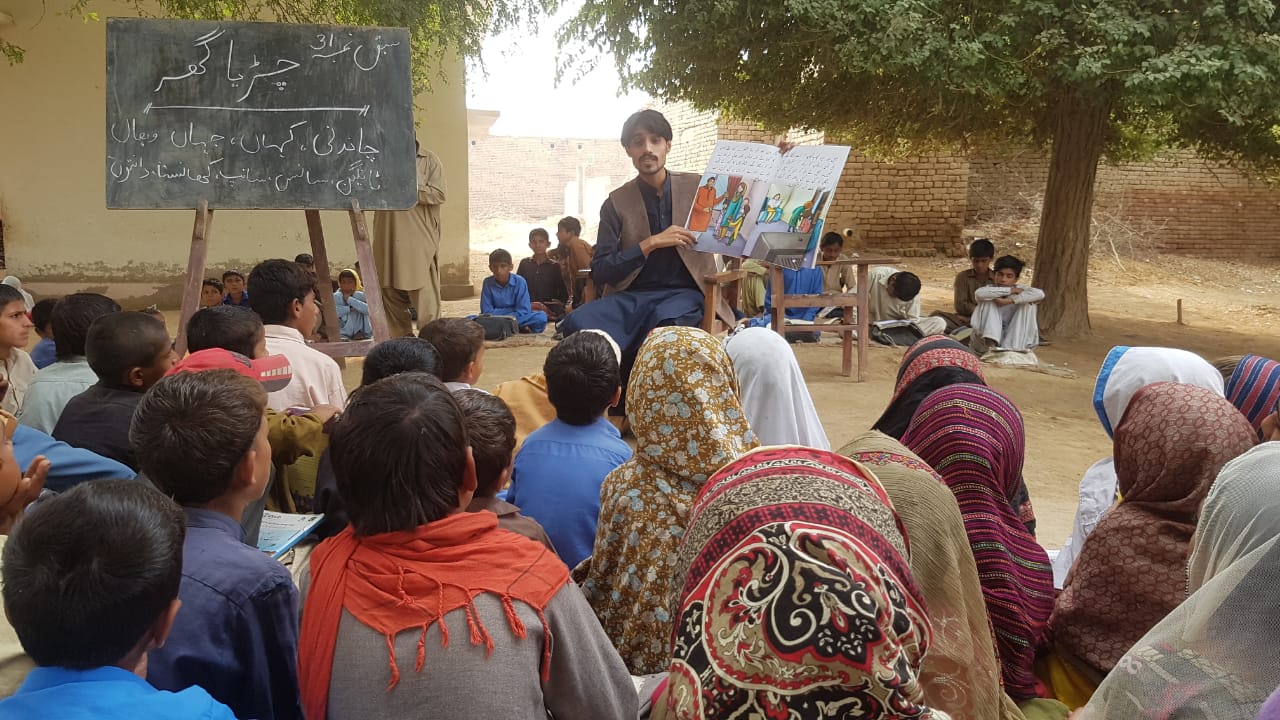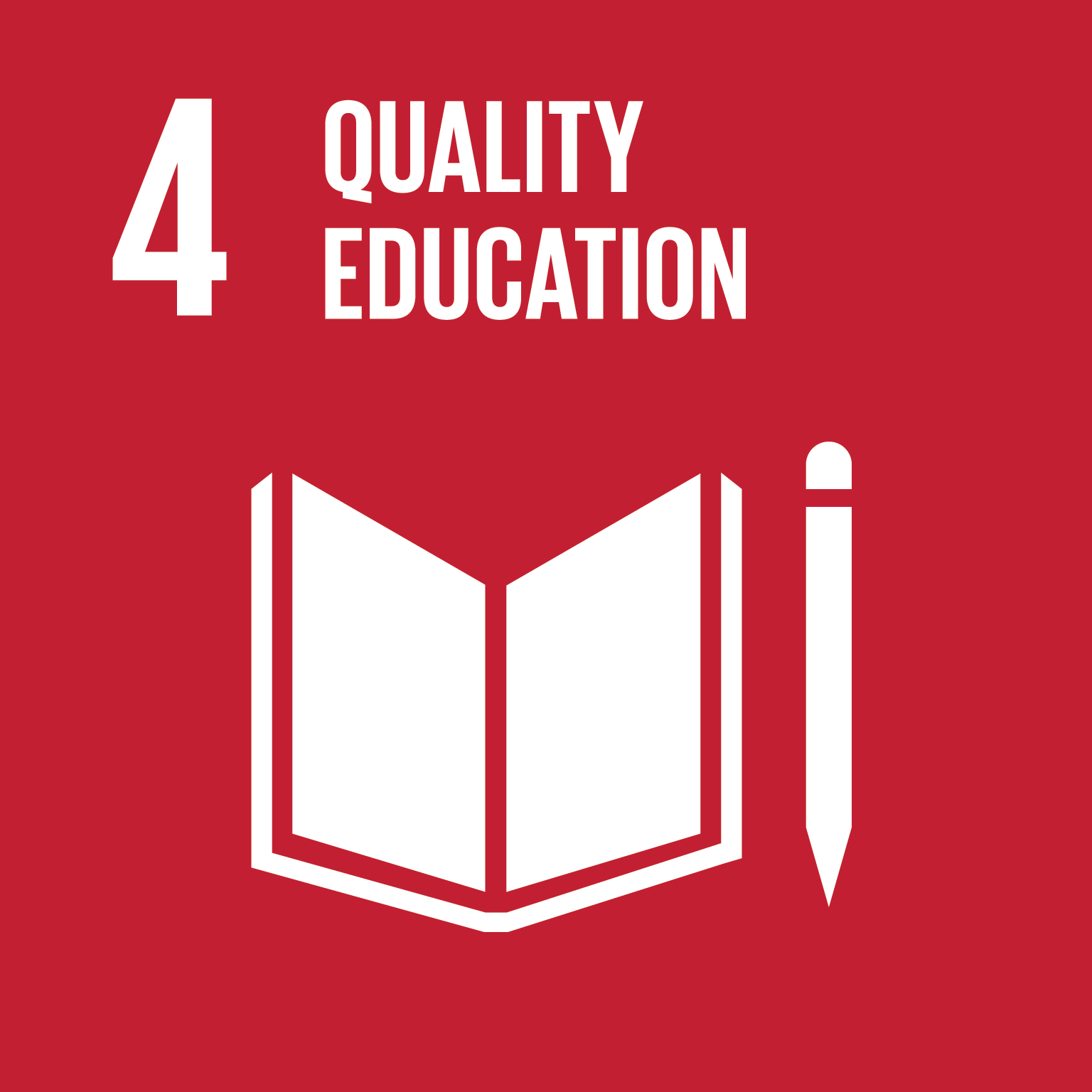With 22.84 million school aged children not attending school, and a 58% adult literacy rate, Pakistan faces severe challenges to achieving the SDG 4 (ensuring inclusive and equitable quality education and promote lifelong learning opportunities for all).

With 22.84 million school aged children not attending school, and a 58% adult literacy rate, Pakistan faces severe challenges to achieving the SDG 4 (ensuring inclusive and equitable quality education and promote lifelong learning opportunities for all). Through the Aga Khan Education Service, Pakistan claims to provide access and quality education to more than 42,000 students, mostly in remote regions in the Nothern Pakistan. In this context, school leaders have a key role in promoting inclusive and quality education as they work at the grassroot level. This research project aims to explore the ways in which school leaders in Aga Khan schools in Chitral district understand their roles in realising the agenda for quality education, and the challenges they face in promoting quality and inclusive education for all.
Project timeline: 2018 - 2022
Key contributors: Mir Zaman Shah, Peter Kelly and Seth Brown





